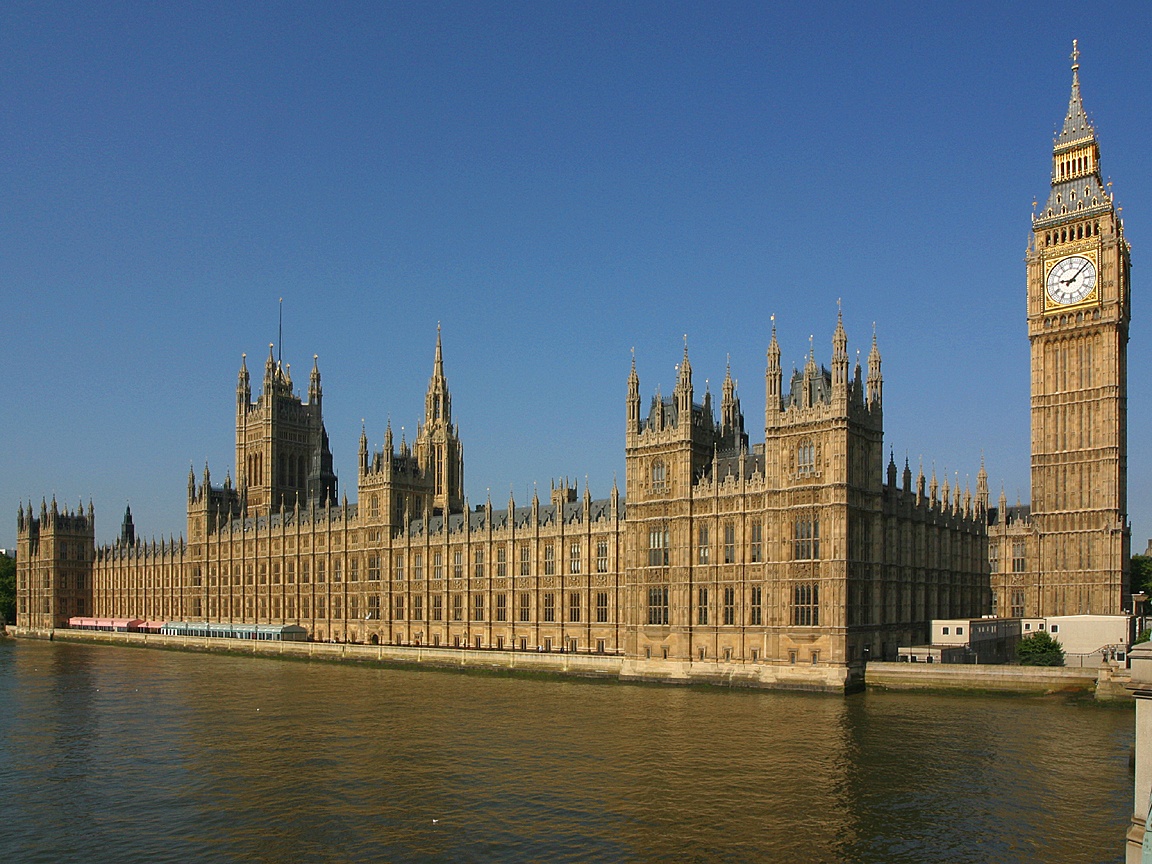The government has updated its guidance to parents providing essential services such as charity support, in a bid to cut down the number if children attending school amid lockdown.
Last week Prime Minister Boris Johnson announced a new national lockdown for England, which included most children being taught at home remotely.
Charity workers and other professionals providing essential support are able to send their children to school.
But following concerns raised by teachers that too many children were still attending school the government has urged parents and carers to “keep their children at home if they can.”
The guidance, which was updated on 8 January, states: “Parents whose work is critical to the coronavirus (COVID-19) and EU transition response include those who work in health and social care and in other key sectors outlined in the following sections.
“Children with at least one parent or carer who is a critical worker can go to school or college if required, but parents and carers should keep their children at home if they can.”
Critical workers
Charity workers are still included on the list of critical workers, which includes:
• those essential to the running of the justice system
• religious staff
• charities and workers delivering key frontline services
• those responsible for the management of the deceased
• journalists and broadcasters who are providing public service broadcasting
A number of charities have called on the government to ensure vulnerable groups are not locked out of remote education through a digital divide. Their concerns centre of connectivity and lack of devices.
Oak National Academy, the charity set up last year to deliver online lessons for children during lockdown is calling on broadband providers to waive all data fees for educational websites.
“It’s time for the big four Telecoms firms to step up and do their bit. It’s very simple: make education sites zero-rated. This cannot happen soon enough and we would urge them to do the right thing and to do it quickly.”
Meanwhile, charities including the Sutton Trust, have linked up with MPs to ensure all children have access to technology for remote learning.
Charity Times video Q&A: In conversation with Hilda Hayo, CEO of Dementia UK
Charity Times editor, Lauren Weymouth, is joined by Dementia UK CEO, Hilda Hayo to discuss why the charity receives such high workplace satisfaction results, what a positive working culture looks like and the importance of lived experience among staff. The pair talk about challenges facing the charity, the impact felt by the pandemic and how it's striving to overcome obstacles and continue to be a highly impactful organisation for anybody affected by dementia.
Charity Times Awards 2023
Mitigating risk and reducing claims

The cost-of-living crisis is impacting charities in a number of ways, including the risks they take. Endsleigh Insurance’s* senior risk management consultant Scott Crichton joins Charity Times to discuss the ramifications of prioritising certain types of risk over others, the financial implications risk can have if not managed properly, and tips for charities to help manage those risks.
* Coming soon… Howden, the new name for Endsleigh.
* Coming soon… Howden, the new name for Endsleigh.
Better Society

© 2021 Perspective Publishing Privacy & Cookies










Recent Stories